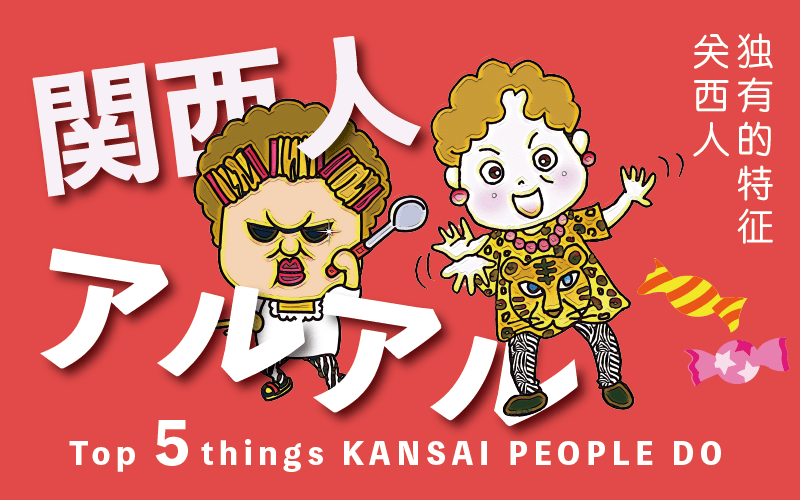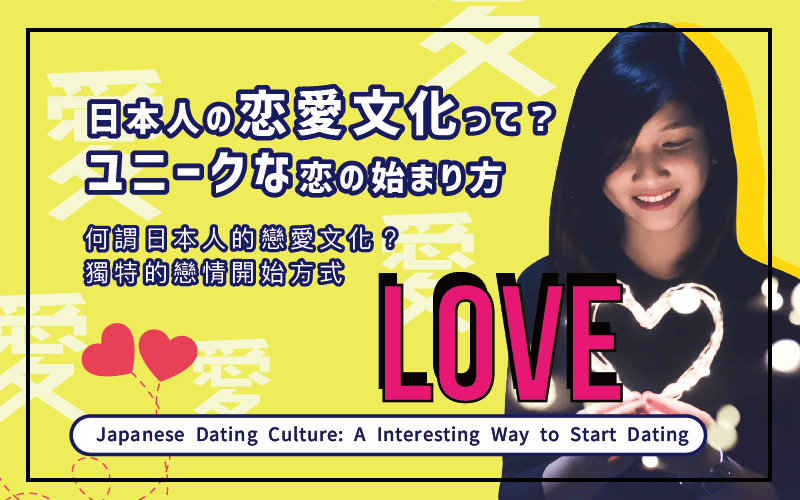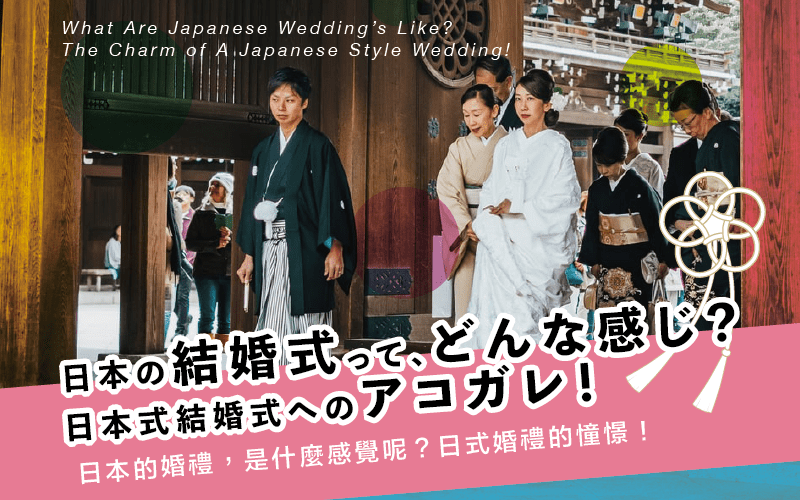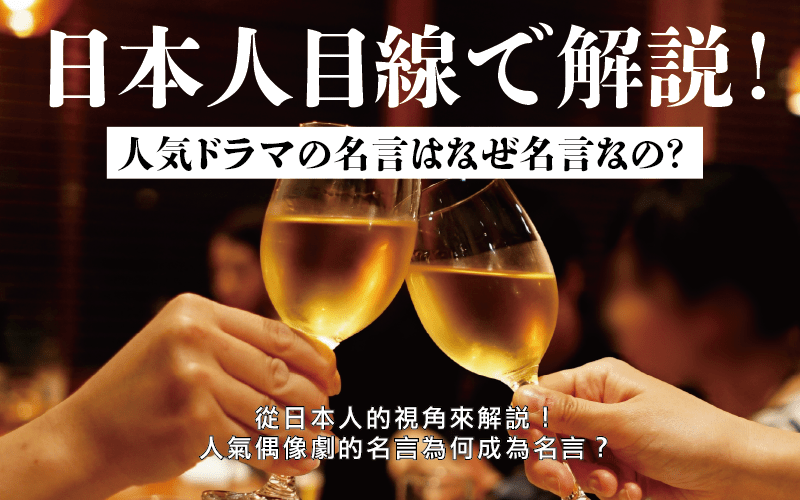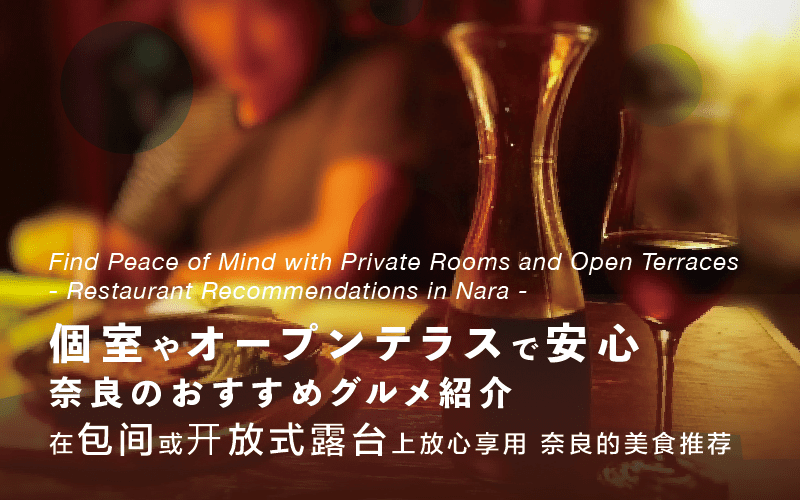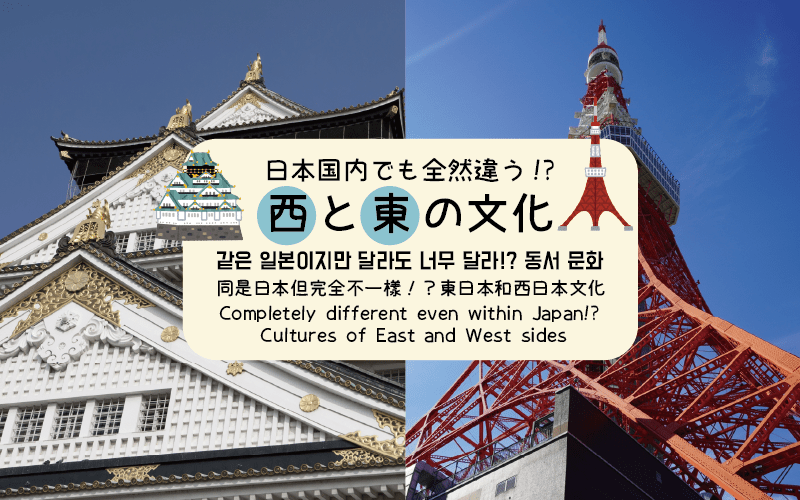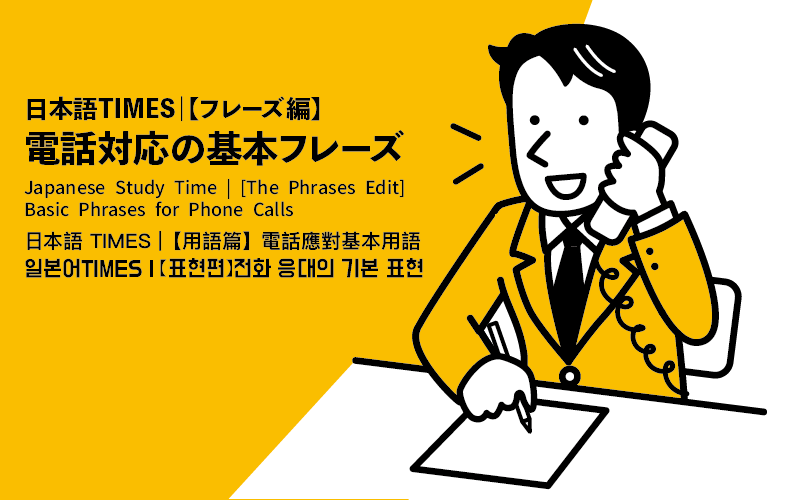This article will introduce you the top 5 common things or facts in Kansai! Things and cultures normal in Kasai region are sometimes “What?” in the other regions. Read and see if they apply to you.
Know what Motor Pool is!
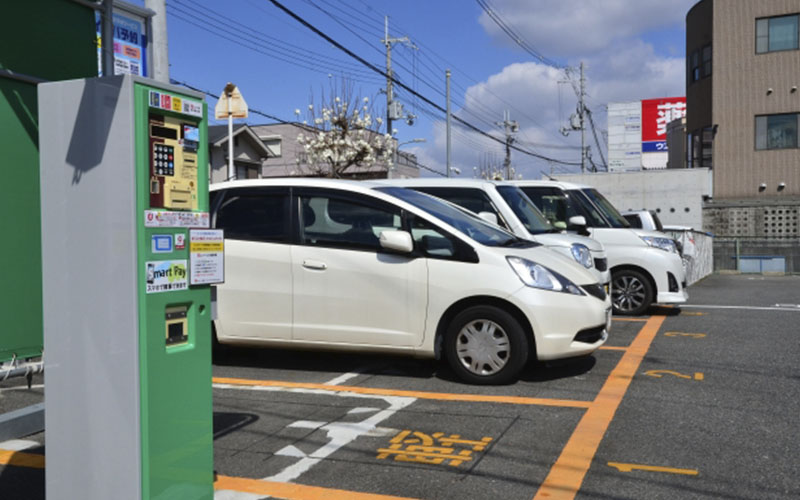
Here is a quick question! Do you know what “Motor Pool” stands for? You are a real Kansai person if you know this! Parking lots are called “Motor Pool” only in Kansai, and they are usually called “Chushajo” or “Parking” in the other regions. So, when you're looking for a parking lot outside the Kansai, be careful not to say “Motor Poll”. By the way, Google Map accepts “Motor Pool” as a keyword, along with “○○ Chushajo” and “△△ Park”.
Tend to call others “Jibun”.
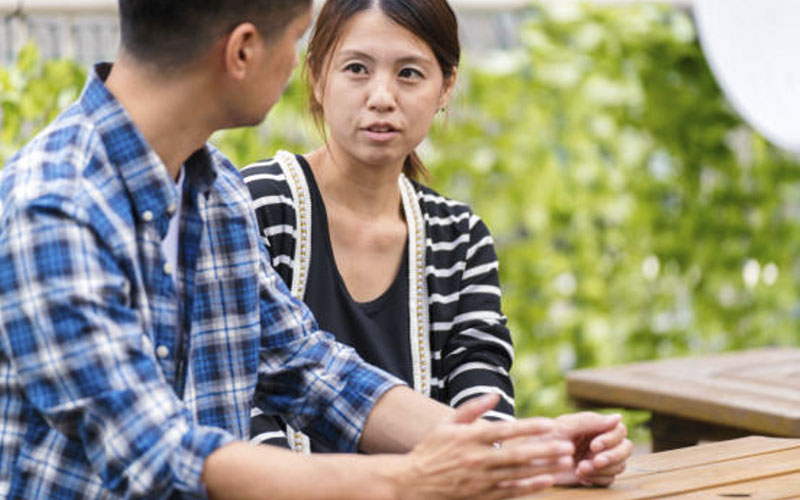
Although “Jibun” generally stands for “Myself” in Japanese, Kansai people tend to call others “Jibun”. Do you ever say to someone “what are you getting Jibun?” at a cafe, or praise someone by saying “Jibun have a good taste”? “Jibun” is used like that only in Kansai, and you might sound like a narcissist if you say “Jibun have a good taste” outside the Kansai!?
Can’t finish a conversation without, “Ochi”, a punch line.
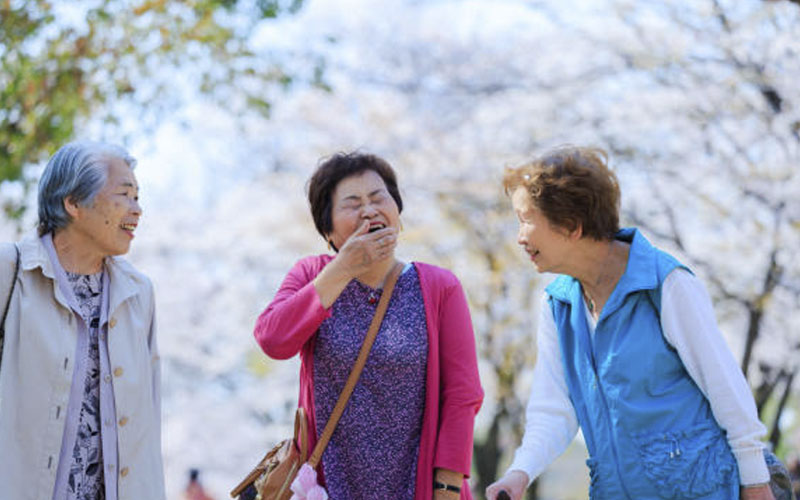
Do you ever unconsciously expect someone to finish his or her talk with an Ochi, or ask for one ? That is very Kansai. In fact, the ochi consciousness is very unique to Kansai! Very few people in the other region care about the ochi, what a surprise! Therefore, you might think “a conversation is vague without an ochi!” or “it’s somewhat indifferent...” .
Tend to call a candy, “Ame-chan”.

Do you ever call candies “Ame-chan”? That’s also unique to the Kansai region! No one calls candies like that in the other region. If you’re thinking “Not all the Kansai people do that but only older ladies in Kansai call candies Ame-chan!”, you’re very Kansai person. (“Ame” is Candy, and “Chan” is a baby-talk of ,“San”, Mr.or Mrs in Japanese.)
In addition to “~chan”, “~san” is also used when Kansai people call foods, for example, “Oimo-san” for potato, “Omame-san’” for beans, “Okayu-san” for rice porridge, and so on.
Tend to say “I don’t know ” in the end of a conversation.
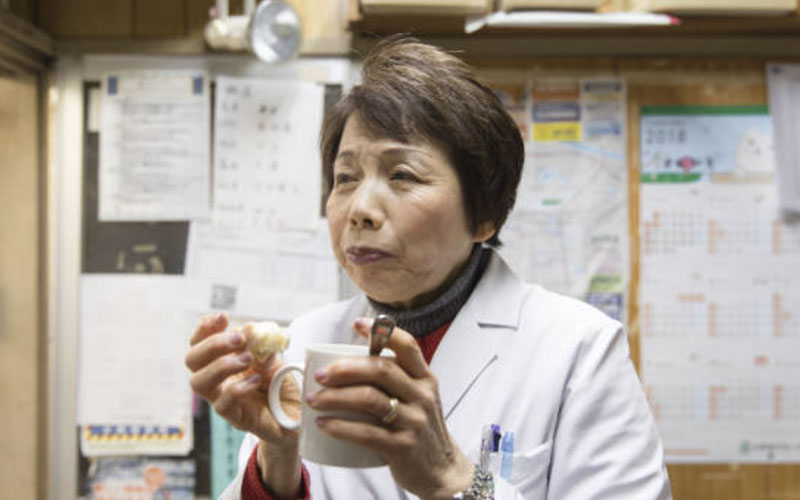
Kansai people tend to put “しらんけど (I don’t know)” on the end of statements and that’s considered normal in the region. But what happens if you do that in the other regions? People might get confused and think “what the explanation all about?"
“Shirankedo”, “I don’t know” in Japanese could mean “Not sure though”, “Probably”, and etc.. The word “I don’t know” is used to kindly inform others that source of information is unreliable when people describe or explain something vague, however, it’s not so popular in the other regions and could rather be considered as an irresponsible behavior, so be careful!
Know how to play “Bou San Ga He Wo Koita” game.
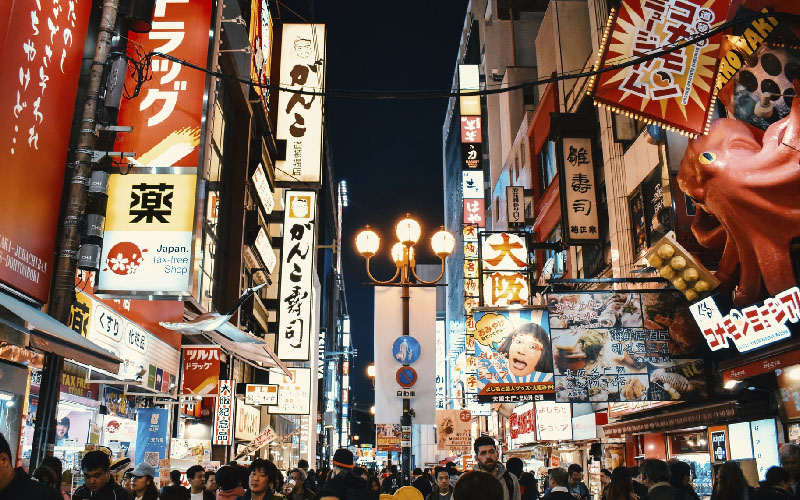
If you are familiar with “Bou San Ga He Wo Koita”, you’re very Kansai person! The “Bou San Ga He Wo Koita” is a Kansai version of the statues game and it has many different names by regions, for example, it’s generally called “Daruma san ga koronda” in the other regions including Kanto. “Bou San Ga He Wo Koita” means “Monk let off” while “Daruma san ga koronda” means “Daruma doll fell down”. You might think they are totally different, but both are the same exact game! Could be surprising and confusing if you try to play with people from the other regions!?
Kansai culture gets more interesting as you learn more!
In Kansai region, you can find unique cultures peculiar to the Kansai. That’s probably because of differences between medias including TV stations in Kansai and those in Kanto. Talking of the TV, a commercial “551 ga aru toki!” is actually only on aired in Kansai, so its high popularity is limited to among Kansai people. Yet more surprisingly, Emiko Kaminuma is not as popular in the other regions as she is in Kansai! Of course, there are still much more things other than what the article has covered so far! Now it’s time for you to explore for more.


